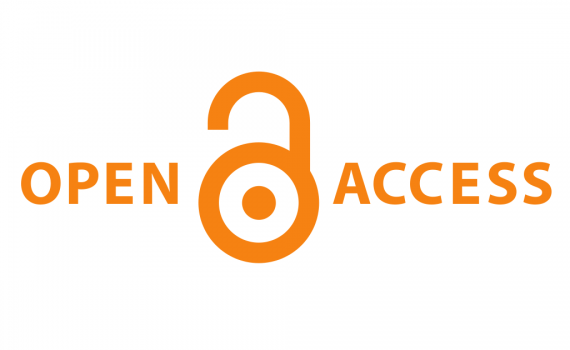
Visibility of Serbian research has improved significantly as a result of an EIFL-supported project, according to results of a survey completed in January 2018.
The survey, of 236 scholarly journals (out of about 400 open access scholarly journals published in Serbia) was conducted to assess improvements in open access policies and publishing practices in Serbia. It followed a project funded by EIFL and implemented by the Serbian Library Consortium for Coordinated Acquisition (KoBSON) and the National Library of Serbia in 2016/17.
The project raised awareness of editors and publishers about the benefits of OA publishing; conducted technical workshops on the free and open source publishing platform Online Journal Systems (OJS); created templates for journal policies and offered a helpdesk for publishers and editors who were ready to implement changes.
At the outset of the project in 2016, KoBSON surveyed scholarly journals to find out about their publishing and editorial policies and practices. It found technical inadequacies in online publishing that decreased visibility and obstructed searchability of OA journals. It also found that many journals were not aware of their OA status and did not have clear OA policies. As a result, journal indexing services like the Directory of Open Access Journals (DOAJ), were refusing to list Serbian journals, or were removing them, because they did not meet the required quality standards.
The 2018 survey shows a dramatic improvement in OA publishing in Serbia and by January 2018, there were 133 Serbian journals listed in the DOAJ - more than had ever been listed before.
IMPROVEMENTS IN OA PUBLISHING IN SERBIA
Open access policies, business models and reuse rights are the three key issues in OA publishing. In all three areas, there has been substantial improvement in Serbia.
- The number of OA journals with OA policies increased by 31%. Now 72% of the 236 journals surveyed have OA policies, up from 41% in 2016.
- There is greater transparency about article submission and article processing charges (APCs).
- Article submission charges: In 2016, just 12% of the journals surveyed were providing explicit information about submission charges. By 2018 59% of the journals surveyed explicitly stated their position on submission charges. The survey also found that only two journals charge a fee for article submission.
- APCs: In 2016, 86% the journals either did not provide or provided ambiguous information about APCs. By 2018, 60% of journals were making their position on APCs explicit and clear. The survey also found that only nine journals ask for payment of APCs (the amount charged ranges from 40 to 150 EUR).
- More journals have clear copyright policies, clarifying whether authors or publishers hold copyright to published articles.
- In 2018, 60% of the journals surveyed had clear copyright policies, up from 32% in 2016.
- In 2016, fewer than 20% of journals clearly stated the terms for use and reuse of published content. In 2018, 57% were stating user rights, clarifying the different kinds of reuse allowed.
As a result of the EIFL project, journals also improved their publishing practices by moving to new journal management systems or platforms in order to make their content more discoverable and to make their operations more efficient.
ONE JOURNAL’S STORY
Srdjan Prodanovic is co-editor of ‘Filozofija i drustvo’ (Philosophy and Society), a journal published by the University of Belgrade, took part in the EIFL-funded project.
Like many Serbian research journals, ‘Filozofija i drustvo’ was struggling to reach a global audience. “The reason is - we were failing to meet the quality standards required by journal indexing services, and so these services were excluding our journals. Sadly, visibility of our research was decreasing,” explained Srdjan.
The EIFL project motivated Srdjan and his colleagues to introduce important changes. “We migrated our journal to the free and open source publishing system OJS in March 2017, which improved our publishing operations. We also developed and published detailed journal policies which clearly describe our commitment to quality, peer-reviewed OA publishing,” he said.
“Now ‘Filozofija i drustvo’ has been accepted by the Directory of Open Access Journals and the Emerging Sources Citation Index. We have applied to more journal indexing services and I am confident our applications will succeed.
“Improved open access publishing practices have made our journal move visible. From March 2017 to February 2018 the number of visits to our journal increased from around 300 to over 2050,” said Srdjan.
SHARE / PRINT









